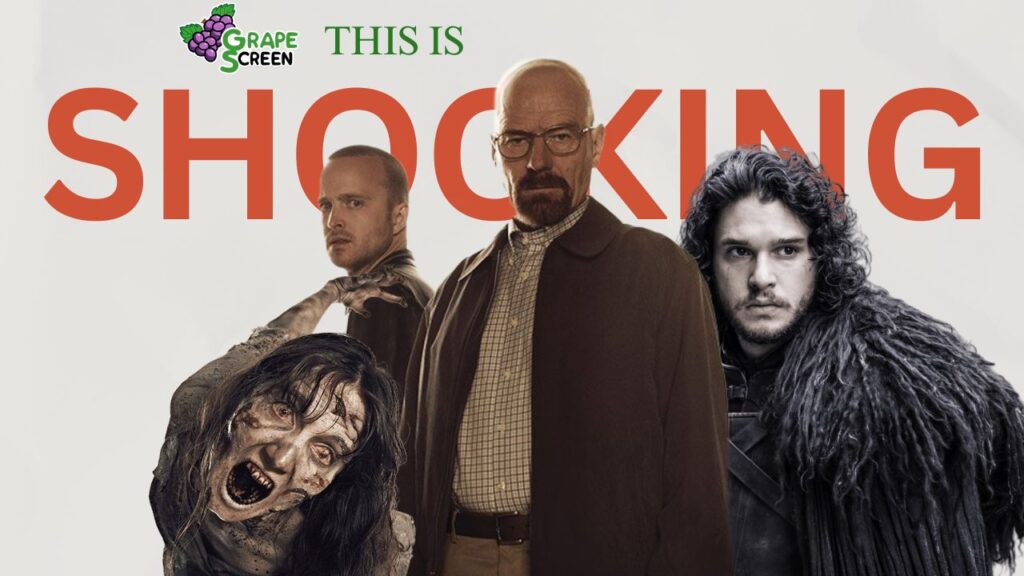TV shows have a tendency to draw us into their universes, forgetting our own. From drug kingdoms and fantasy worlds to contemporary sitcoms and post-apocalyptic wastelands, the greatest shows do more than entertain us they rewrite pop culture for all time. But beneath these giant productions are facts, surprises, and choices that defined how we know them today.
Here are 5 mind-blowing facts about some of the best TV shows ever produced such as Breaking Bad, Game of Thrones, and others that even die-hard fans may have overlooked.
1. Breaking Bad: Jesse Pinkman Was Supposed to Die in Season 1
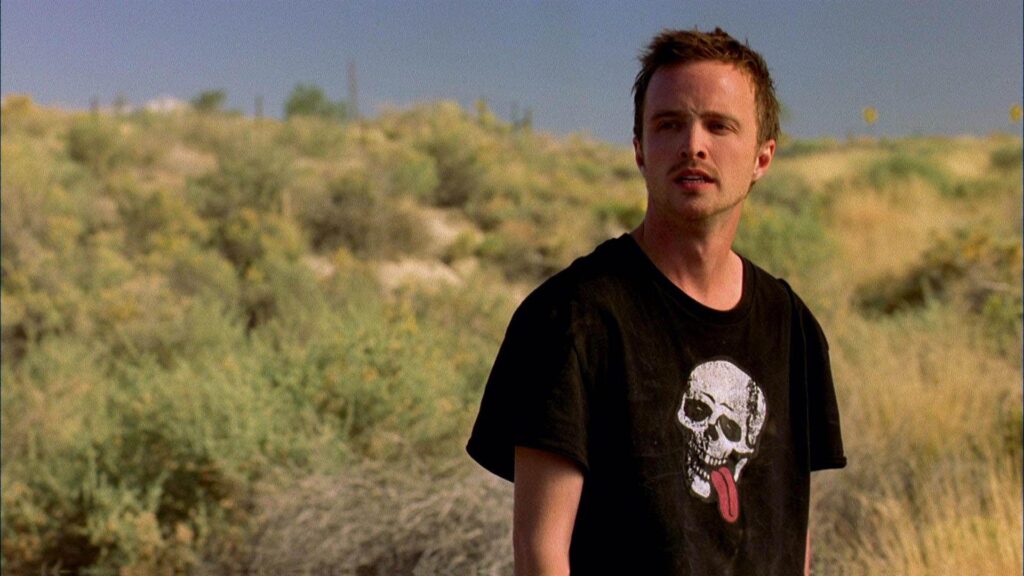
Yes, you heard that correctly. One of the most memorable characters in TV history Jesse Pinkman, portrayed wonderfully by Aaron Paul was originally intended to die prior to the end of Season 1.
Creator Vince Gilligan had originally envisioned killing Jesse as a means of illustrating how reckless Walter White’s new life was getting. But as production went on, Gilligan and the producers noticed the electric tension between Bryan Cranston and Aaron Paul. Beyond that, Paul’s acting imbued Jesse with a depth that couldn’t be overlooked. Rather than simply a street-level meth dealer, Jesse was a tragic, multi-dimensional character who was the show’s moral compass ironically, amidst murder and meth.
It’s impossible to picture Breaking Bad without Jesse no “Yeah Bitch!”, no tragic rehab moments, no legendary El Camino finale. A single script revision, and the history of television would’ve been much different.
2. Game of Thrones: The Ending Was Planned But Not Fully Understood

Game of Thrones swept the globe for almost a decade, captivating audiences with dragons, treachery, and gruesome deaths. But the conclusion of the show is one of the most polarizing moments in television history.
Here’s the catch: David Benioff and D.B. Weiss, the showrunners, were told the major plot points of the conclusion by author George R.R. Martin himself. Yes, Bran as king? That was Martin’s idea from the beginning. Yet the final seasons of the show hurried through most of the main storylines, and without the deep character work Martin does in his novels, many felt the conclusion was unearned.
What makes it even more intriguing is that HBO even volunteered to provide them with additional episodes additional seasons in order to develop it. But the producers refused, wanting to pursue other ventures (including, allegedly, a Star Wars trilogy that never came into being).
The outcome? A classic show with a whirlwind conclusion that continues to generate controversy years afterward.
3. Friends: The Cast Negotiated Collectively and Revolutionized Hollywood Compensation Forever
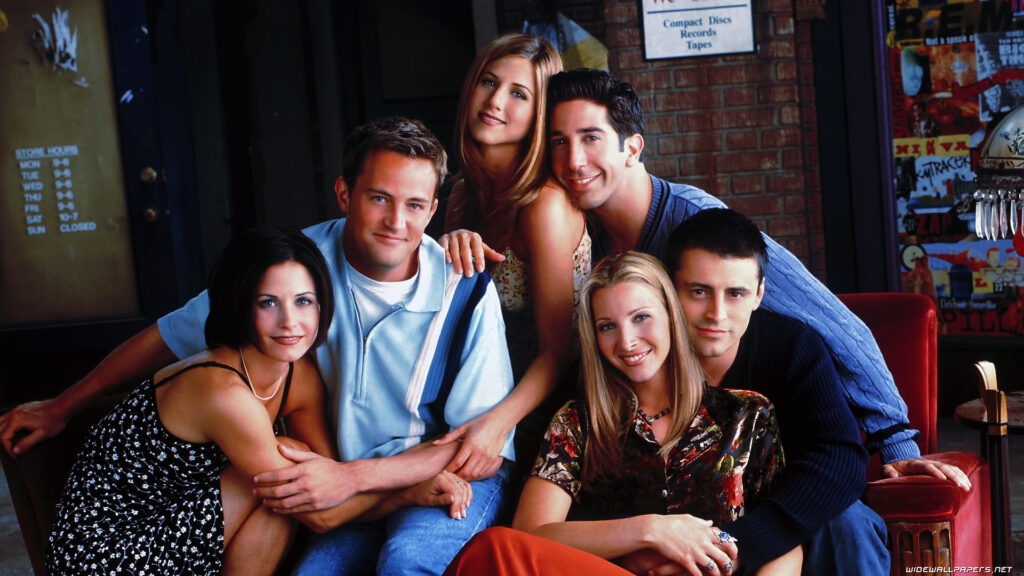
Friends wasn’t merely a cultural sensation it was a revolution in the way actors signed deals.
By season three, Friends was a ratings behemoth. All six of its core cast members Jennifer Aniston, Courteney Cox, Lisa Kudrow, Matt LeBlanc, Matthew Perry, and David Schwimmer renegotiated their contracts as a single, cohesive unit. No individual deals. No attempt to one-up each other.
This approach was unprecedented at the time. And it paid off: by the end of the last season, every actor was making $1 million an episode a television record at the time. Their solidarity established a precedent in Hollywood for ensemble casts to present a united front during contract talks.
But it also revealed something more: that the actual power of Friends wasn’t necessarily the writing or even the jokes it was the chemistry between the six leads, who insisted on being anything but equals.
4. The Walking Dead: One Actor Was Never Told He’d Be Killed Off
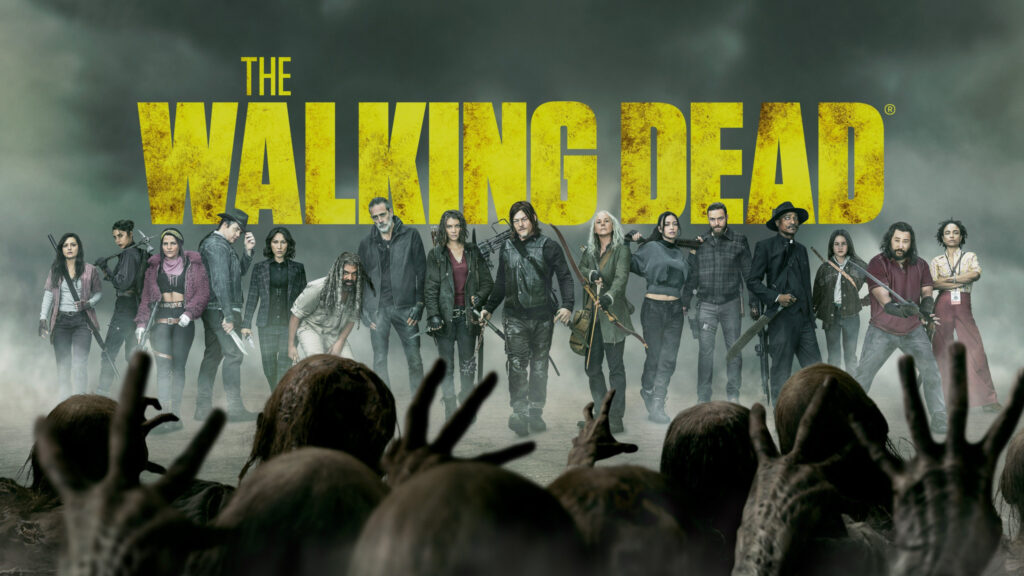
The Walking Dead is notorious for its gruesome deaths but what if one of them shocked not only the viewers, but also the actor?
That’s precisely what occurred to Chad Coleman, who portrayed Tyreese. From cast interviews, there tended to be “whispers” on set regarding who would go, but was not necessarily informed in advance. Coleman apparently learned of his character’s demise mere weeks prior to filming it.
This violent method kept the performances gritty but it also made the cast anxious. Some actors reported living in fear of receiving “the call.”
The uncertainty of death became a hallmark of The Walking Dead, but off-screen, it tended to blur the distinction between on-screen tension and actual stress.
5. The Office: A Flop in Its First Season Then Saved by iTunes
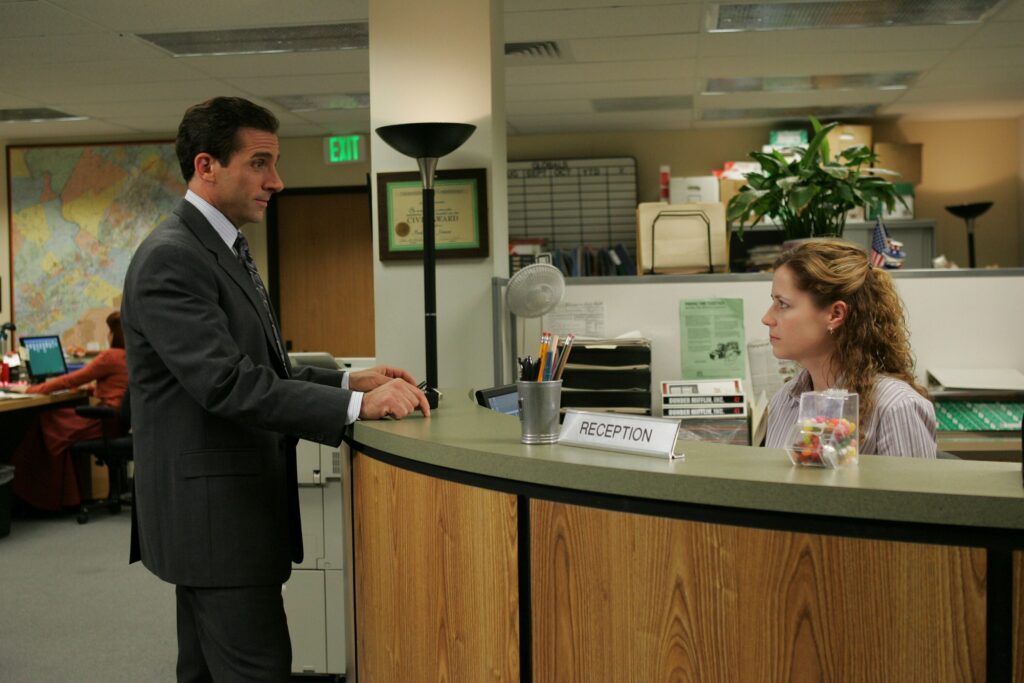
The Office (U.S.) is among the greatest comedies ever but it nearly got axed after Season 1.
The issue? The first season attempted too vigorously to replicate the original UK show. Fans were cold, cringe-y, and not very heart-y. Ratings were off. NBC was about to shut it down.
And then something unusual occurred: Season 1 was put out on iTunes, exactly as the site was picking up steam. It turned into the most downloaded show of the year. This gave The Office a second wind, and NBC gave it another chance.
With Season 2, the show discovered its identity. Michael Scott was gentled. Jim and Pam’s romance started taking hold. The show blew up in popularity, ultimately becoming a staple of workplace comedy and binge culture.
Without the initial iTunes downloads, we might never have had The Office we know.
Final Thoughts
TV shows are cultural time capsules they set generations in motion, create watercooler talk, and even revolutionize the way we see the world. But behind the glory and fandom is decision, mishap, and near-disaster that made it all happen.
With Jesse Pinkman surviving death, Bran Stark taking a divisive crown, or six New York friends rewriting Hollywood rules, these secret truths are evidence of one thing:
Good television is never merely about what appears on the screen. It’s about what occurs when the cameras switch off.
